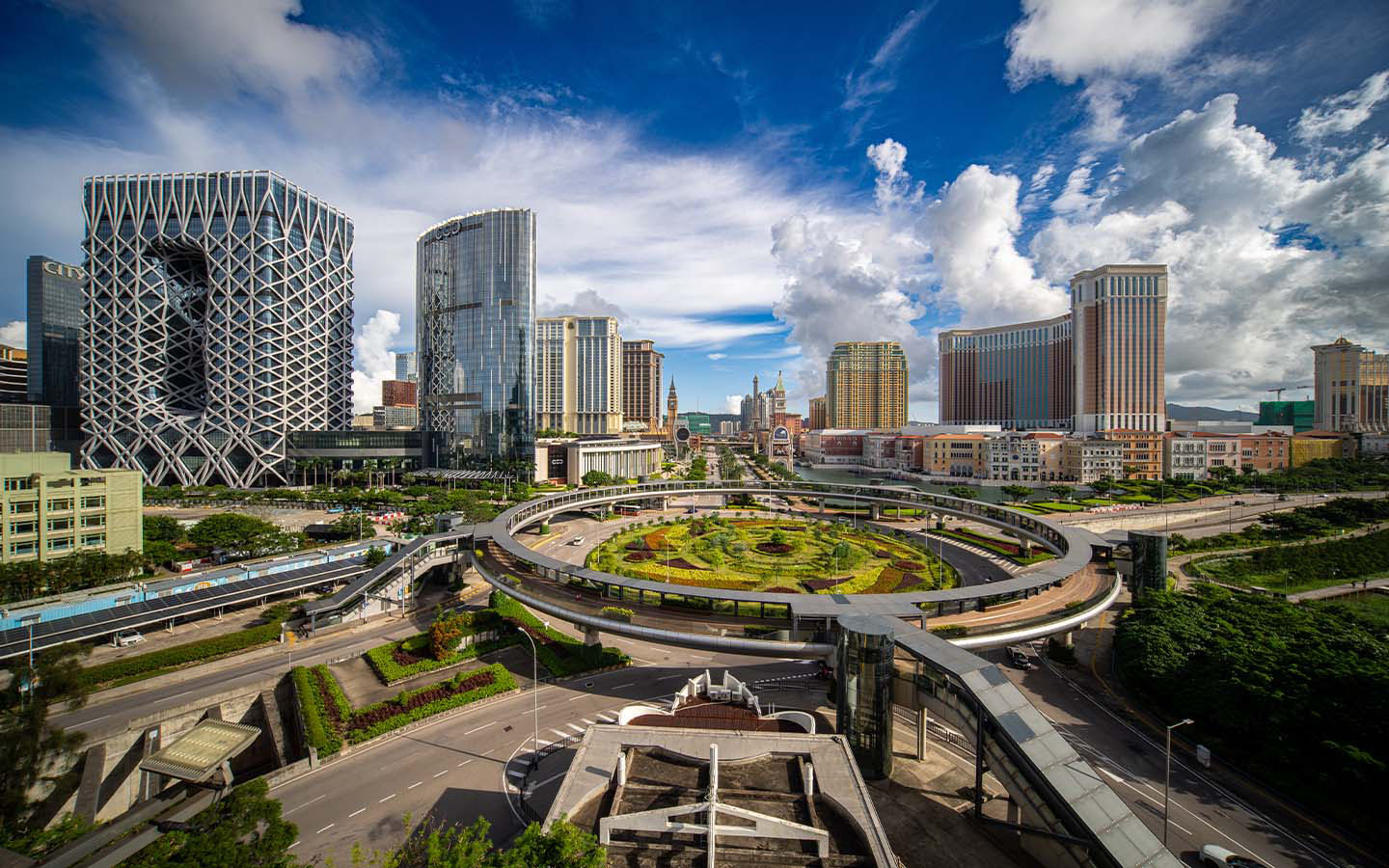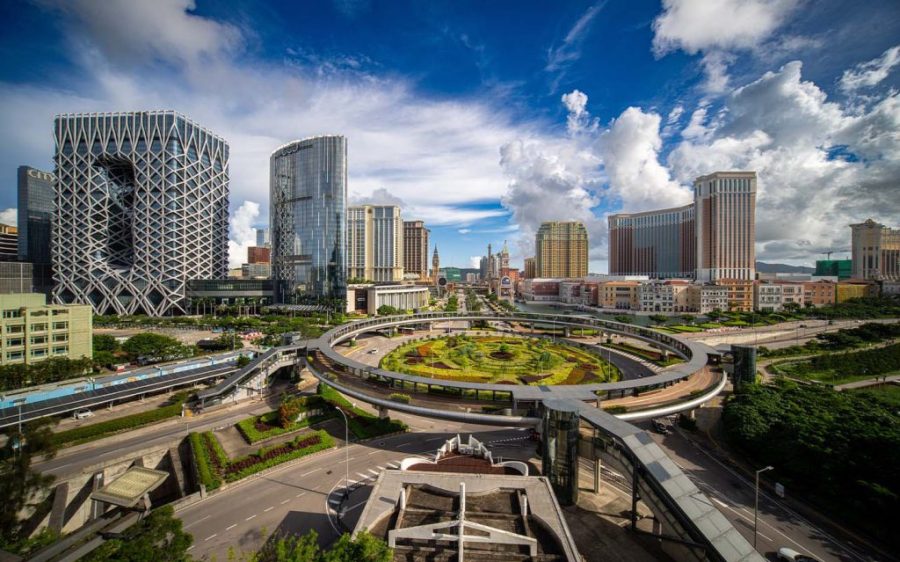A new paper on the post-pandemic reality of Macao’s gaming industry says the city’s biggest money-earner has developed “new characteristics” that mean “stable” growth can be expected at best. Published in the latest edition of Macau Polytechnic University’s Global Gaming & Tourism Research, the report drives home the fact that gambling has entered a new – less prominent – era in Macao, when compared with the meteoric expansions of the 2000s and 2010s.
The report noted that Macao’s gaming recovery had been “relatively slow” compared to that of the US and Southeast Asia. In the US, for example, Las Vegas’ gross gaming revenue in 2021 – midway through the pandemic – had already exceeded 2019’s level. It went on to set consecutive records in 2022 and 2023, while Macao’s 2023 GGR was just 62 percent of its pre-pandemic level.
Crucially, the report casts doubt on whether Macao’s gaming industry could ever return to its pre-pandemic “ultra-rapid growth” trajectory, and cites several reasons for pessimism. One was increased competition, as more Asian cities open additional casinos and market them to Chinese gamblers. Other reasons were the government’s crackdown on junket operators, which previously contributed massive amounts of money to the SAR’s casinos’ coffers, and the industry’s pivot from VIP to mass gaming.
[See more: Is this the end of free food at Macao’s casinos? Unconfirmed reports say the government wants it to end]
“Looking at the long-term trend …. it will become increasingly difficult to attract wealthy people from other places to Macao for gaming activities,” the report noted.
The report explained that while VIP guests tended to spend their whole budget on gambling, “ordinary tourists” – the likes of whom the government is currently focused on attracting – “pay more attention to shopping, food and leisure activities, of which gambling is just one option.”
As a result, “non-gaming elements are becoming increasingly important to the city’s tourism and leisure companies.” According to the report, integrated resorts with “outstanding non-gaming offerings” will be the ones raking in more gaming revenue in the coming years – as they will be the ones seeing the most guests in general.
[See more: Macao’s full-year gross gaming revenue could reach nearly US$30 billion]
To increase GGR without returning to the old model of VIP gaming, the authors recommended that the government support Hengqin’s development (particularly its supply of cheaper hotel rooms), diversify gaming offerings away from games of fortune (focusing more on sports betting, for instance), and generally give tourists more reasons to spend time in Macao.
The report ended on a positive note, highlighting several advantages Macao’s gaming industry has over its Southeast Asian competitors. These are close proximity to the Chinese mainland, the wide variety of casinos operating within a very small area, their array of high-quality entertainment and dining options, and the city’s reputation as a safe destination where “tourists do not worry.”
According to the report, while the industry will never be able to develop as fast as it did before the pandemic, it will still be able to grow at a “stable rate” over the next decade – provided China’s economy “develops normally.”






